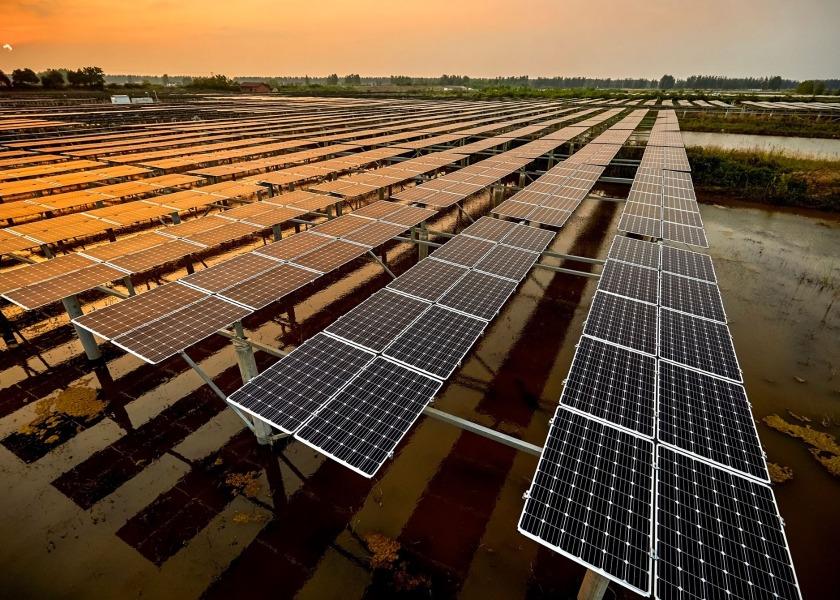Taylor Farms installs clean energy microgrid to move off California power

Anyone who’s lived through a power outage has likely experienced the stomach-churning anxiety of flipping a breaker box, hoping for the steady reassurance of lights blinking on and appliances thrumming to life. Large and small-scale power outages have become increasingly commonplace in recent years, whether due to grid issues, rolling blackouts, extreme weather or other challenges.
Salinas-based Taylor Farms is taking energy security into its own hands, moving one of its California food processing facilities completely off the traditional energy grid. What’s more, this project is another step toward decreasing the carbon footprint of its salad production.
The California Independent System Operator estimates that the state faces an energy capacity shortfall of 1,700 megawatts, which could be as high as 5,000 megawatts if California is hit with multiple extreme events at the same time, such as wildfires and heat waves. If Taylor Farms successfully transitions its vegetable production facility off the grid and secures low-carbon energy resilience, it will have made a compelling case for how to scale clean energy solutions while avoiding reliance on strained power grids.
“We are looking forward to the energy stability this will provide our San Juan Bautista, Calif., facility,” Bruce Taylor, chairman and CEO of Taylor Farms, said in a news release. “Fresh food reliability is essential for our customers, and it’s more critical than ever to provide quality, fresh foods to North Americans.”
Taylor Farms is achieving energy independence in this 450,000-square-foot facility through a combination of fuel cells, solar power and battery deployments. Taylor Farms is installing 2 megawatts of solar power at one of its food processing facilities in San Juan Bautista. Additionally, with support from Bloom Energy, the company is adding 6 megawatts of fuels cells, along with a 2-4-megawatt battery designed specifically to power the entire facility, according to the release.
“Our partnership with Taylor Farms and Ameresco is a landmark demonstration of the capabilities that innovative, clean energy companies have to provide uninterrupted, low-carbon power to large-scale facilities,” Sharelynn Moore, executive vice president and chief business development and marketing officer of Bloom Energy, said in the release. “Our decade-long relationship with Taylor Farms is culminating in this leading application of what a microgrid can do — enabling America’s largest producer of packaged produce to maintain and improve the reliability of their power.”
Building a microgrid not only protects the salad producer from rolling blackouts and surges, but also “disconnects Taylor Farms from the regional power grid amid price escalations and reliability challenges,” according to the release. If successful, this project demonstrates one clever approach for producers to adopt reliable energy sources, while reducing greenhouse gas emissions at the same time.







